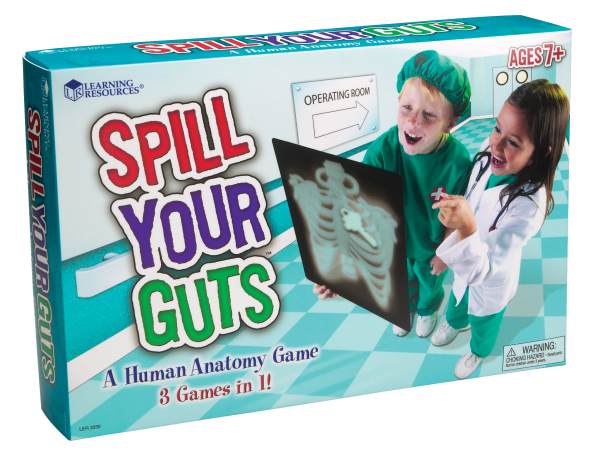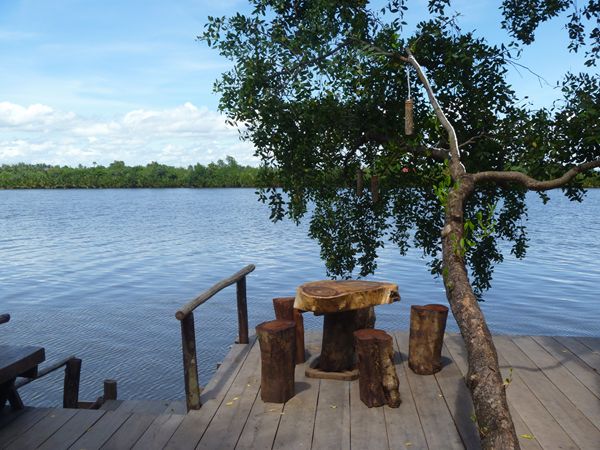PROGNOSES AND BIRTHDAYS
1200 words / 6 minute read
Later today my infant niece will be thrown a party and showered with gifts and affection, totally unaware that the celebrations mark that she has now witnessed one full rotation of the Earth around the Sun, or (if she could count and had paid any attention), seen 365 days turn to night and back again.
She’s also oblivious to the fact that she’s getting on a bit, having reached a landmark which means her age will be measured in years not months from now on - even if there are a few fractions thrown in for good measure as she grows up (the time between birthdays moves so slowly when you're a kid after all, being “five and a half” makes all the difference).
However you choose to look at this first year milestone, it has given me reason to reflect on the passage of time since the twelve-month prognosis I received two years ago.
EDUCATED CANCER PROGNOSES
My feelings on prognoses are mixed. Though I feel it's important for an individual to be fully aware of the gravity of their situation so there is scope for them to make plans, there is no scientific gestation period to pinpoint the "due date" when a cancer will overwhelm its host.
Maybe deep down we all think that such a specific time-line exists, since we all still ask the doctors “what we’re looking at” and expect the poor oncologist to give us a definitive answer, which will generally be delivered verbally for obvious reasons.
We really should know they aren't set in stone. But they are given to us by experts, people with qualifications, experience and authority, so we give their opinions weight - although ultimately that is all their prognosis is: an opinion, albeit an educated one.
Having asked the question and been offered their best guess, you may then decide to go and find someone else to give you a second (different) opinion based on your circumstances.
But then maybe your prognosis from either doctor isn't actually based on your personal set of circumstances at all, but drawn from their experience of treating a wide cross section of cancers - after all, oncologists aren't GPs, they are cancer drug specialists.
Their job is to keep up with the latest available chemotherapy treatments and then prescribe them in the manner that they feel will most inhibit the disease’s progression, meaning their focus is understandably quite specialised.
But what exactly is that focus? As doctors, are they working on curing you, a person, of your illness or are you simply host to something evil that they have dedicated a career to eradicating?
On paper, the latter is a certainly a noble cause, but unfortunately it allows no room for the patient to put forward their opinions on how they wish to receive care (or not, as the case may be).
For some doctors, it may even be “personal”. There is an interesting hospice information video called "The Glass Half Full" that I found on YouTube recently, in which a cancer patient had come to the point (like me) where she no longer wished to receive palliative chemotherapy.
Unfortunately her oncologist, rather than supporting her decision, actually made her feel terrible for even considering withdrawing from treatment, thus making a very personal choice much harder.
POSITIVE ONCOLOGY
Throughout the Odyssey, I have had almost completely positive experiences with the medical profession (there is one notable exception that I shall detail at a later date). I have to admit though that the only section of my cancer care team that I had any pushback from when I decided to cease treatment was also from Oncology.
Thankfully, I didn't have to deal with anything as traumatic as managing a doctor's hurt feelings but it does make me wonder whether my theory of us being hosts to their enemy may be a prevalent attitude. Every one of us that quits is “one that got away” so to speak and will forever be seen as a black mark on their imaginary scorecard.
Please do not think that I am slating the Oncology specialism, I wouldn't be here if it wasn't for them and I am very grateful for everything they have done for me.
It is interesting though that when I returned to the UK earlier this year and had dealings with GPs, surgeons, nurses and palliative care specialists, not one of them opposed my freedom philosophy or my wishes to return to paradise.
Without wishing to go too deeply into amateur psychology, perhaps it says something about the nature of a doctor’s specialism? My most recent surgeon gave me a colostomy bag, knowing full well that I wouldn't walk away a fully-cured cancer-free human being but nonetheless felt he’d succeeded in doing a good job by making me immeasurably more comfortable for the time I have left.
An oncologist may not feel that he has succeeded unless he has beaten or eradicated the Enemy Within, which perhaps goes some way to explain my musings in this blog entry about how they do the job, given the remote odds of the patient surviving.
But back to prognoses and birthdays - my niece will be one year old which means that it's 18 months since I first learned of her future existence. At that point I hadn't yet lived out the first year-long prognosis and I felt obliged to mention to my sister she shouldn't in any way consider giving the child a name to commemorate me - this obligation stemmed from the educated assumption that I wouldn't survive long enough for her to give birth, let alone see the child’s first birthday.
But look where we are and I’m still going strong - though admittedly I have engineered a lifestyle which means I don’t need to exert myself in any way.
BUT HOW COULD THEY BE SO FAR OFF?
As I say, there is no scientific gestation period that can be pinned down, so no "one-size-fits-all" prognosis exists. I put my inaccurate prognosis down to being much younger and fitter at the point of diagnosis than most who rock up with my complaint since I’m something of a freak of nature (most bowel cancer sufferers are 50+), so it stands to reason that my odds were calculated based on the doctors' experience of progression in a very different form of host.
Prognoses do have their place: it's important for people to know the facts when the time comes, whether they're going to "make it" or not. But that’s all you need to know really - either resist asking for a time-frame or use the numbers you're given as guide not gospel, since it’s all just educated guesswork.
For that reason, don't act all smug if you outlive what they've predicted (I write, slightly red-faced). Instead, be grateful and enjoy each day that you still feel well, because they are still the experts at the end of the day and they know what will happen eventually - they were just slightly off with the timings in my case.
Anyway, since offering cancer prognoses is an imperfect science that’s based on many different factors, in this litigious world who can blame them for erring on the side of caution?
Stage-4-in-Sinville
theccconline.blogspot.com
Stage-4-in-Sinville
theccconline.blogspot.com





Comments
Post a Comment